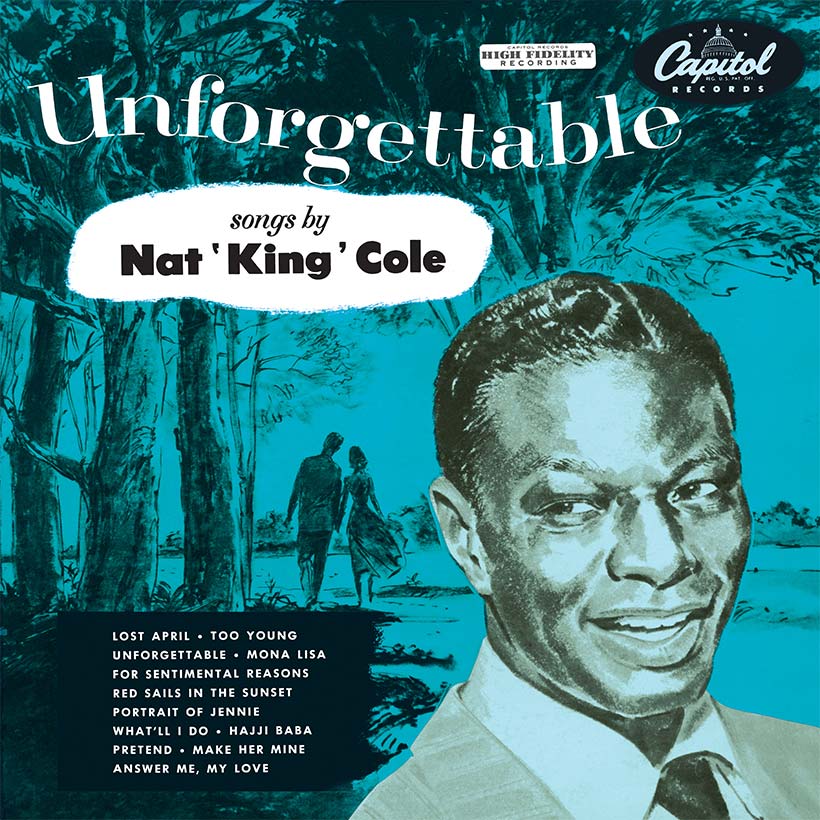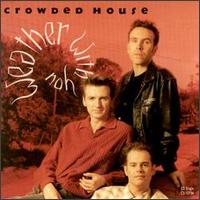 | UnforgettableNat “King” Cole with the Nelson Riddle Orchestra |
Writer(s): Irving Gordon (music and lyrics) (see lyrics here) First Charted: November 3, 1951 Peak: 12 US, 116 UK, 6 DF (Click for codes to charts.) Sales (in millions): -- US, 0.2 UK Airplay/Streaming (in millions): -- radio, 28.10 video, 139.86 streaming |
 | UnforgettableNatalie Cole with Nat “King” Cole |
First Charted: June 15, 1991 Peak: 14 BB, 23 CB, 16 GR, 20 RR, 3 AC, 10 RB, 19 UK, 15 CN, 2 AU, 6 DF (Click for codes to charts.) Sales (in millions): 0.55 US, -- UK, 0.63 world (includes US + UK) Airplay/Streaming (in millions): -- radio, 3.28 video, 85.79 streaming |
Awards (Nat “King” Cole):Click on award for more details. Awards (Natalie Cole): |
About the Song:Irving Gordon was a songwriter born Israel Goldener in New York City in 1915. He wrote many comedic and parody songs SF and had songs recorded by Perry Como, Bing Crosby, Duke Ellington, Billie Holiday, and Patti Page. His best-known song, however, was “Unforgettable” – a song which netted him a Grammy for Song of the Year forty years after he wrote it. Nat “King” Cole was the first to chart with the song. He started his career as a jazz pianist and rose to become “one of the most popular singers in recording history.” PM He charted more than 120 times from 1943 to his death in 1965, most notably with “Straighten Up and Fly Right” (1944), “The Christmas Song” (1946), and #1 hits “I Love You for Sentimental Reasons” (1946), “Nature Boy” (1948), “Mona Lisa” (1950), and “Too Young” (1951). Cole recorded “Unforgettable” in 1951 with an arrangement by Nelson Riddle. He recorded a non-orchestrated version a year later. WK It reached #12 in the U.S. and topped the UK charts for 16 weeks. In 1954, the Dick Hyman Trio brought it back, getting to #29. PM Others to record it over the years include George Benson, Andrea Bocelli, Captain & Tennille, Sammy Davis Jr., Roberta Flack, Aretha Franklin, Marvin Gaye, Merle Haggard, Englebert Humperdinck, Peggy Lee, Johnny Mathis, Oscar Peterson, Kenny Rogers, and Dinah Washington. WK 40 years after Cole first recorded the song, his version was edited and reworked into a duet with his daughter, Natalie. She’s already had a successful career herself, winning the Grammy for Best New Artist in 1975 and having top-ten hits with “This Will Be an Everlasting Love” (1975), I’ve Got Love on My Mind” (1977), “Our Love” (1978), “Pink Cadillac” (1988), and “Miss You Like Crazy” (1989). HT Her version of “Unforgettable” with her father, however, cemented her legacy. It was a surprise hit, reaching #14 on the Billboard Hot 100 and #3 on the adult contemporary chart. Her version was recorded as part of a full album tribute to her father. At a time when “grunge and gangsta rap were the big trends…an album of jazz standards seemed the perfect way to keep a contemporary artist off the charts” SF but the public and Grammy voters embraced it wholeheartedly. The album, Unforgettable…With Love, topped the Billboard album chart and sold 11 million copies worldwide. It won the Grammy for Album of the Year while the song won Grammys for Song and Record of the Year. Resources:
Related Links:First posted 4/16/2024. |









